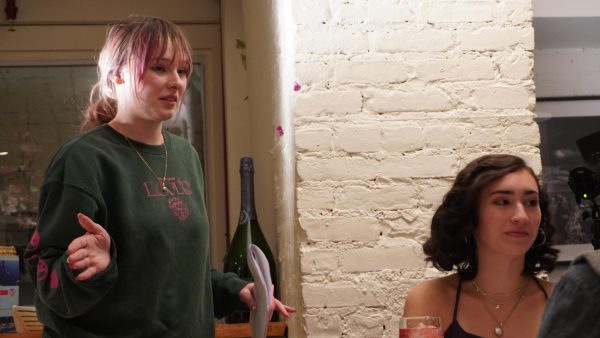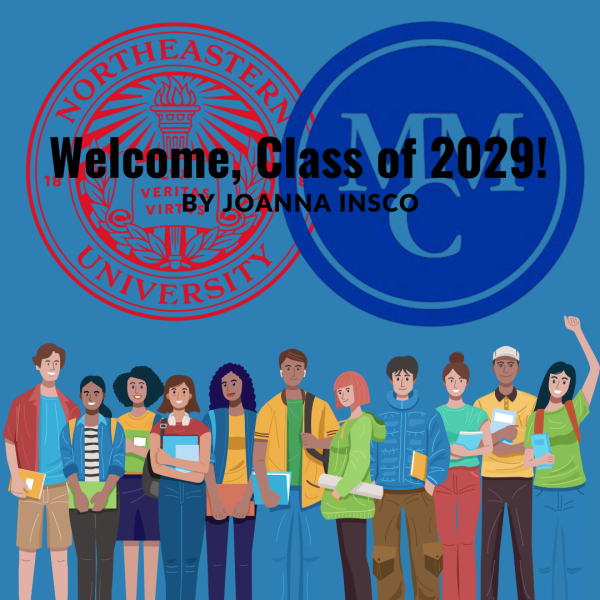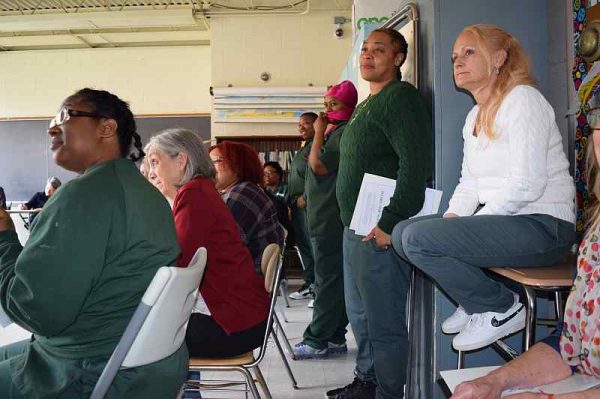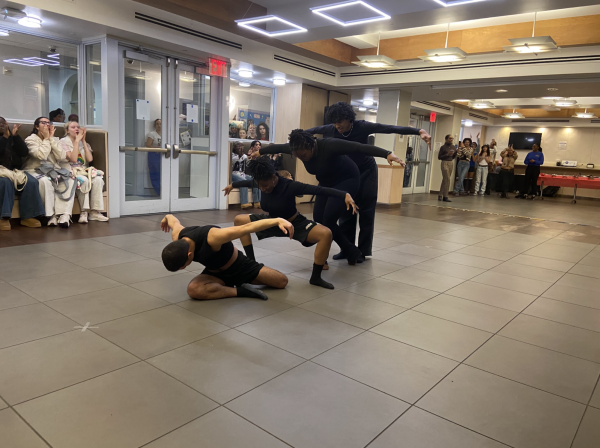Migration, Race and the Global Movement For Black Lives
Reading Time: 4 minutesOver this past summer, protests erupted all over the United States after the death of George Floyd. People gathered all over the country to support Black Lives Matter, protesting police brutality, racism, and discrimination against people of color in America. Most importantly the unjust and brutal death of Mr. Floyd, and others alike. It was not just America watching these events unfold, the rest of the world was also watching and they took action.
People were marching in solidarity for Black Lives Matter in Belgium, France, Spain, Germany, the Netherlands, the U.K., Italy, Nigeria, Ghana, Australia, China, Japan, and many other places across the globe (for a visual, check out this map of all BLM protests). There are growing international movements against racism, apartheid, and similar causes alike.
On Monday, November 16, Marymount Manhattan College’s Politics & Human Rights and the International Studies department hosted the event Migration, Race and the Global Movement For Black Lives, featuring the speaker Kavitha Rajagopalan. Rajagopalan discussed the growing movements in support of BLM in the US to international movements against racism, connecting the topic to the intersection of racism and migration.
Kavitha Rajagopalan is the author of Muslims of Metropolis: The Stories of Three Immigrant Families in the West, which was the finalist for the Asian American Literary Award, the co-author of The Testing and Learning Revolution: The Future of Assessment in Education, and a contributing author of Borders and Mobility in South Asia. Besides being an author and writer, she is an expert on global migration and a senior fellow at the Carnegie Council for Ethics in International Affairs, where she specializes in citizenship, undocumentedness, and urban immigrant communities. Her work has appeared in The New York Times, CNN, The Nation, The Atlantic CityLab, and various academic journals and policy magazines. Rajagopalan has also offered expert commentary on MSNBC, The Observer, PBS Online, and Newsday.
Bringing her expertise in global migration, Rajagopalan opened the discussion with a group of Marymount students via Zoom on the atrocities immigrants are facing in the US and abroad, as well as how the BLM movement in the US acted as a catalyst for anti-racist movements to uprise all over the world. She began by pointing out how over the past 4 years under the Trump administration, we have seen a massive peeling back at immigrant rights in the US. Considering 9% of the black population in the US are immigrants, and it is a growing population, more needs to be done to protect their rights.
The Trump administration has ordered the end of the Temporary Protected Status (or “TPS”) for over 300,000 immigrants in America, meaning that hundreds of thousands of people could face deportation back to their countries of origin. TPS allows people to stay in the US if they are prevented from having a safe return to their homeland because of war, natural disasters, famine, epidemic, and other catastrophic reasons. Without this governmental humanitarian program, people are facing the future of returning to a country with devastating turmoil.
Large amounts of people are fleeing from conflict in Sub-Saharan Africa through the US southern border in order to seek asylum in America. However, seeking asylum in the States is extremely difficult, taking up to 10-15 years, and because of the length of time it takes, many asylum seekers face high rates of homelessness. Rajagopalan pressed that people are “demanding an end to racism and violence” all over the world. She pointed out in the discussion that it is virtually impossible to avoid racism no matter what your background is. For instance, Rajagopalan explained that African immigrants, who come to the US, are extremely educated and have all the tools and experience for success, however, they face underemployment in American. This leads to the conclusion that there are hierarchies of oppression affecting people everywhere.
“Immigrants are everywhere and anti-black oppression is everywhere,” Rajagopalan pointed out. In the wake of the BLM protests, there were simultaneous protests against police brutality in other countries. Many people have seen the hashtag #EndSARS being posted and reposted on various social media platforms in the past few months. This hashtag was created in 2017 because Nigerians have been protesting extreme violence and brutality being caused by the federal police unit called the Special Anti-Robbery Squad. Systems of oppression are not only alive in the US; there is a global representation for this terrible violence.
Rajagopalan noted that there is hope to end these injustices and it starts with the action within our local communities. She explained that in the months following the death of George Floyd, there was a spike in voter registration. Although citizenship justice for immigrants is a “fraught and paralyzed system” as Rajagopalan explained, if there is citizenship justice for immigrants, then there could be a massive shift in the electoral map in the United States.
Once there is a reconnection between public discourse and the actual movements taking root globally, there will be a chance for us to make changes to the systems of oppression we are currently living with. “Communities nest within communities,” which makes it even more important to find these communities and make sure there are proper representations and justice for them where we live, Rajagopalan highlighted. Even though we were confined to discuss this important topic through our computer screens, Rajagopalan opened our eyes to the perspective of micro-communities in the US as well as the global movement to end racism, police brutality, oppression, and violence.







Joel Stafford • Nov 24, 2020 at 3:59 pm
Thank you Averee for bringing awareness to the racial injustice experienced in the U.S. through this platform. You are doing a great job in educated people on this subject and opening up the discussion to ending this racial inequality.